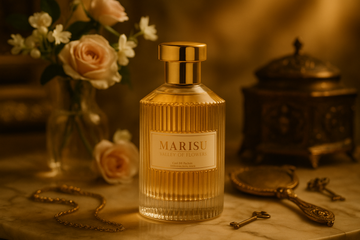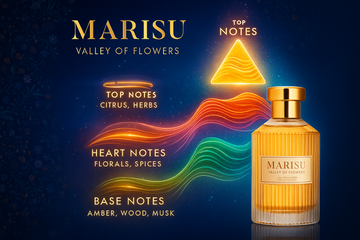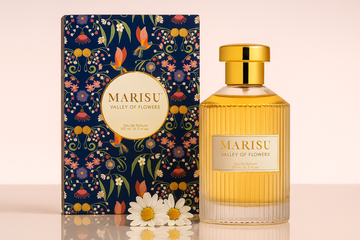Perfume is one of the oldest luxuries in human history, and yet it remains as relevant today as it was thousands of years ago. Ancient Egyptians used aromatic oils during religious ceremonies, the Greeks associated scents with beauty and love, and royalty across Asia and Europe considered perfumes a symbol of wealth and sophistication. Even today, perfume continues to transcend time and culture, acting as an invisible accessory that completes our identity.
What makes perfume truly unique is its connection to memory and emotion. A single whiff of jasmine can transport you to a summer evening, while the scent of vanilla might remind you of home. Perfumes interact with our subconscious, creating emotional imprints that last far longer than the fragrance itself.
Perfumes are also deeply personal. While one person may choose light florals for freshness, another may prefer bold oud for power and presence. This personal connection transforms perfume from a simple product into a statement of individuality.
Moreover, wearing perfume enhances confidence. A few sprays can change the way you feel, adding elegance, sensuality, or freshness depending on the notes. Perfume does not just make you smell good it helps you feel unforgettable.
In an age where fashion trends change quickly, perfume stands still as a timeless expression of art, culture, and emotion. It is not merely a fragrance it is a legacy.



